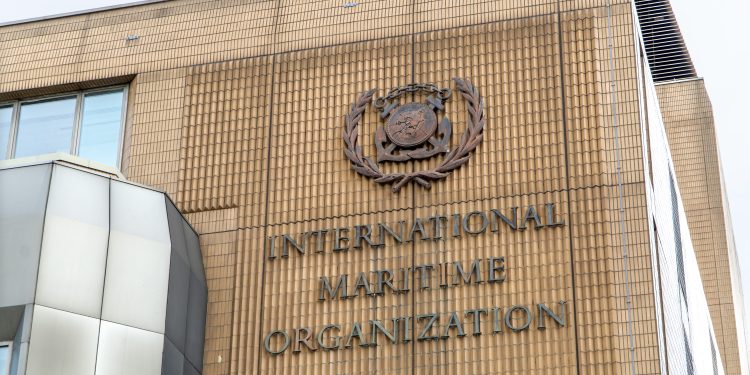“Combating climate change is one of IMO’s main priorities but also one of the biggest challenges, in particular for shipping,” said IMO Secretary General, Kitack Lim, during the IMO Symposium on alternative low-carbon and zero-carbon fuels.
Mr. Lim explained that he finds it very encouraging to see how the adoption of IMO’s Initial GHG Strategy and its goal to decarbonize shipping by the end of this century, “has sparked so many new actions across the maritime value chain related to alternative low-carbon fuels, in parallel with our regulatory work.”
To achieve the goals set out in the GHG Strategy, IMO, as the global regulator of shipping, is demonstrating its commitment to the decarbonization of shipping by developing an ambitious regulatory framework, that will drive innovation across all stakeholders but also by providing a forum for discussion, cooperation and collaboration
However, he added that in order to reach a low and zero-carbon future for shipping, shippingwill need new technologies, new fuels and innovation. Under this aspect, a research and development into low and zero-carbon marine fuels is already underway.
No single stakeholder can make decarbonization of shipping a reality by acting alone. The programme of this symposium therefore emphasizes the importance of building partnerships and connecting the different actors in the maritime value chain
At the same time, IMO highlighted the importance that no country is left behind in the energy transition. For this reason, the symposium expressed the opportunities for Member States to share knowledge of generating and supplying renewable marine fuels across the world and identify potential areas of collaboration and cooperation.
To support this, IMO continues to expand its portfolio of capacity building projects, which are in line with IMO’s ambitious goal in the GHG Strategy.
The route to net zero carbon shipping will not be easy. Nonetheless, I am hopeful that the range of initiatives presented during this symposium will demonstrate what is already underway, but also underline what more is needed to accelerate zero-carbon shipping
Mr. Lim concluded.






























































